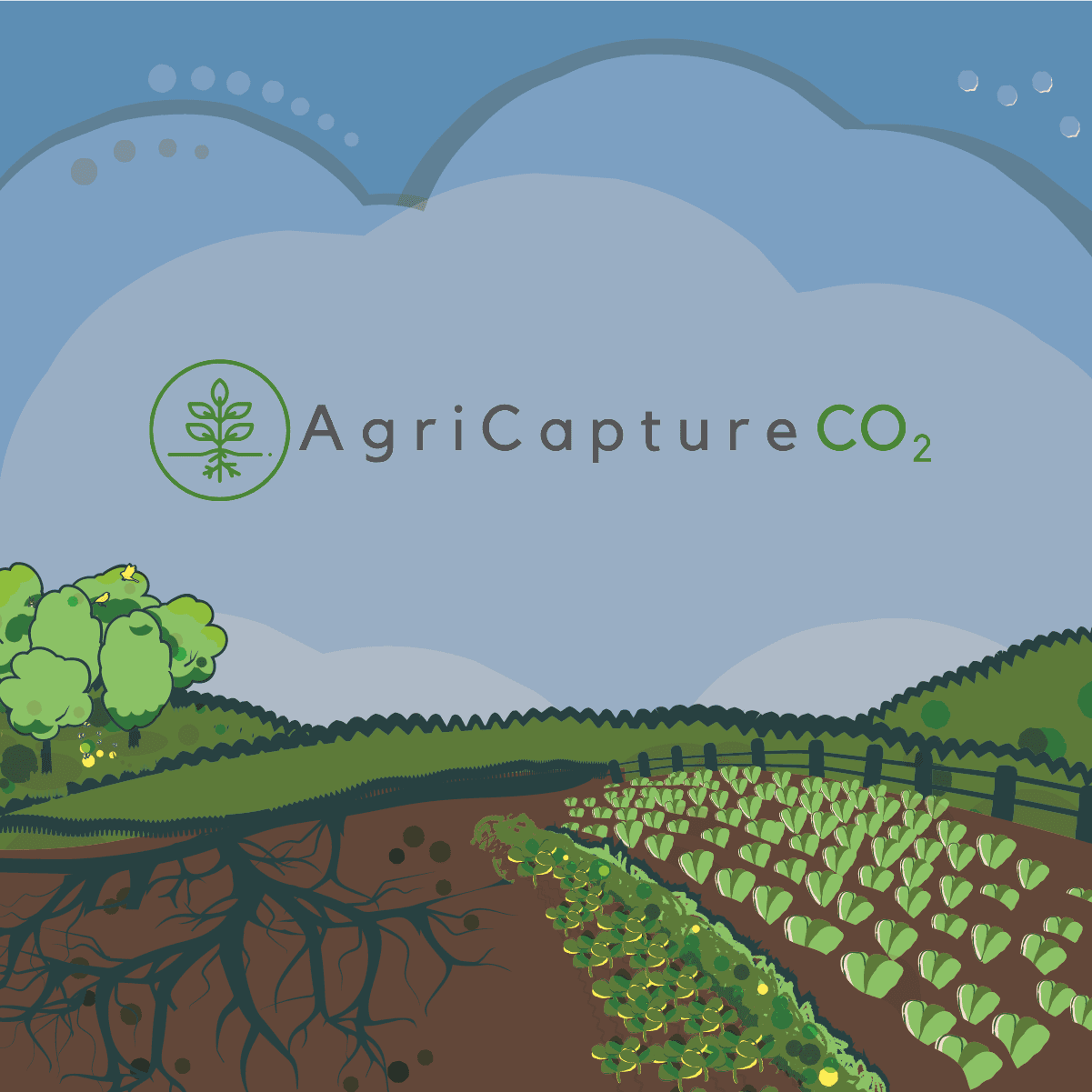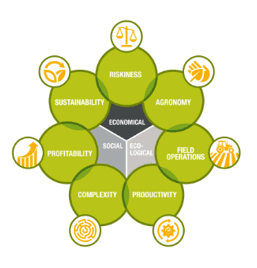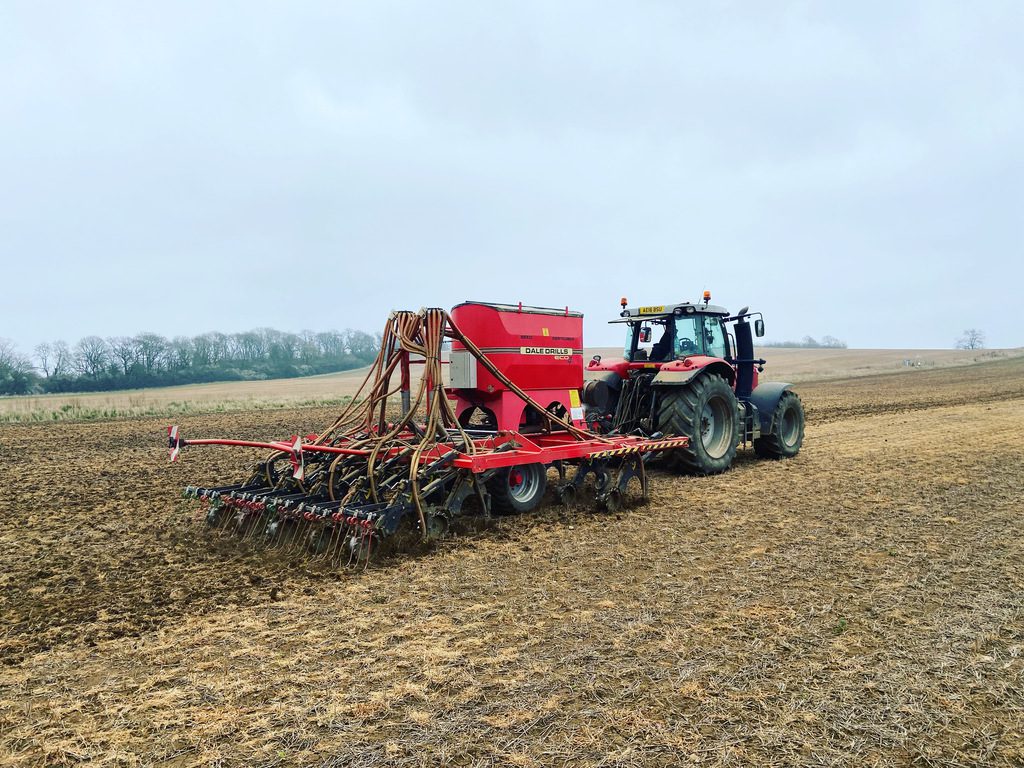Syngenta Conservation Agriculture
Our work with Syngenta UK is a long-term trial to develop an understanding of a broadacre cropping system based on Conservation Agriculture (CA) principles.


Increasingly, society, policymakers and the supply chain are focussing on the environmental impact of farming and food production, and with British agriculture’s Net Zero 2040 ambition and a strong emphasis on the stewardship of natural capital, every element of on-farm practice must be examined for means to improve its sustainability: combinable cropping is a key part of that.
Since 2017 we have been involved with Syngenta UK in a long-term trial to develop an understanding of a broadacre cropping system based on Conservation Agriculture (CA) principles so that when moving towards a more sustainable cropping system, adoption can be quicker and more reliable for growers and the wider agricultural industry based on the significant quantities of data collected both at Loddington on our ‘heavy land’ site, but also at a sister ‘light land’ site at Lenham in Kent in association with NIAB.
‘Conservation Agriculture’ adheres to three key principles:
- Minimising soil disturbance
- Maximising soil cover
- Achieving high levels of biological diversity
- Maintaining living roots
The trial consists of a five-field, four crop rotation (winter wheat, winter barley, spring beans, winter oilseed rape, winter wheat) with the focus on three different establishment methods in each field (conventional plough, min-till, direct drill).
The trial is collecting a huge quantity of data interrogating field operations, soil health and organic matter, greenhouse gas emissions, farmland and soil biodiversity, yield, profitability and agronomic characteristics to provide an unparalleled analysis of the comparison between alternative crop establishment techniques over an extended timeframe.
The initial five-year phase of the project ended with harvest 2022, but the trial will continue with a new emphasis on variability and optimisation of inputs across the systems (including new bio-products), and with a greater focus on the addition of organic matter back into the system to reflect the move towards more ‘regenerative’ production systems.




